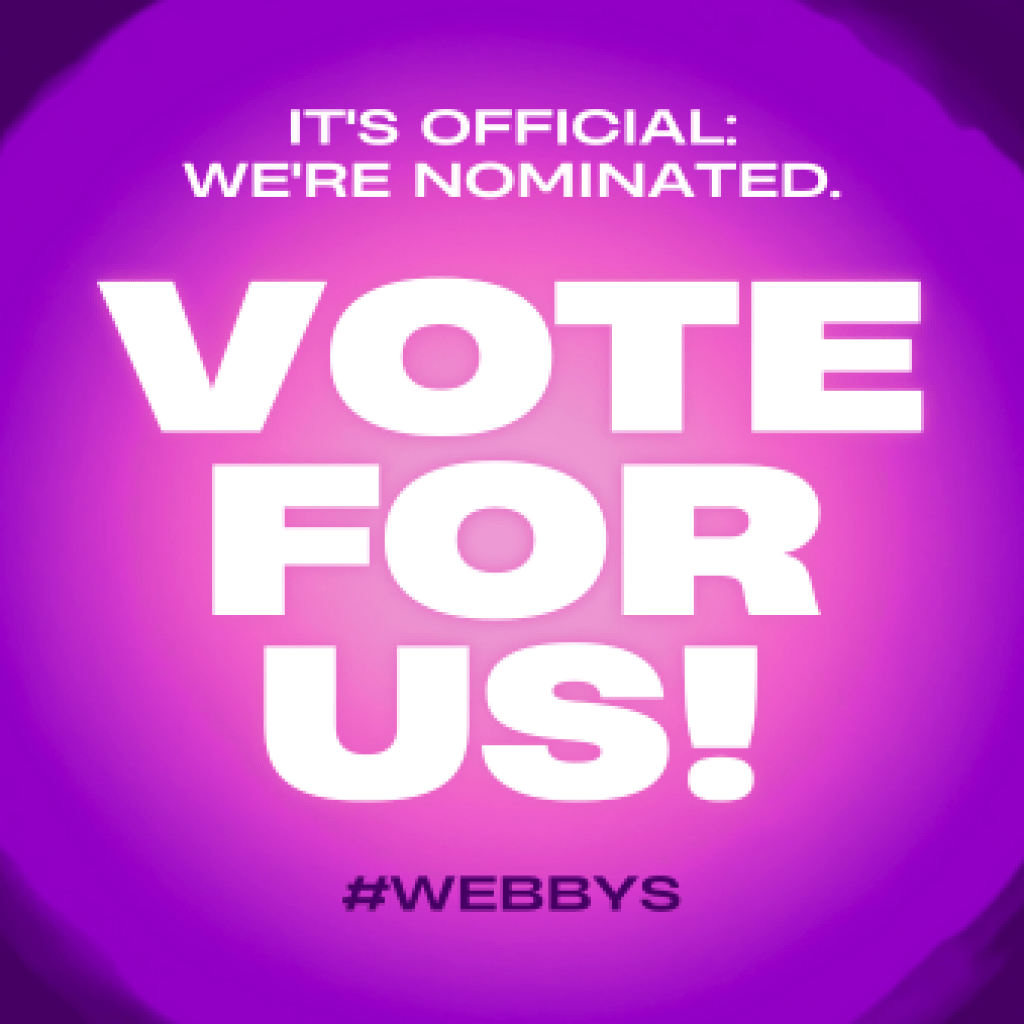The Webby Awards, established in 1996, are among the most prestigious honors in the digital industry. Winning a Webby is a significant accomplishment, as it recognizes excellence and innovation in the field of web design, creativity, and technology. For this year’s 27th Annual Webby Awards, Quantum Flytrap, a project founded in 2020, had its Virtual Quantum Lab nominated for one of these awards. “Nominees like Virtual Quantum Lab by Quantum Flytrap are setting the standard for innovation and creativity on the Internet,” said Claire Graves, President of The Webby Awards in a recent press release. “It is an incredible achievement to be selected among the best from the nearly 14,000 entries we received this year.”
While Quantum Flytrap is no longer running, it was a highly successful company whose focus was “to connect business with quantum computing power by building a no-code IDE for quantum technologies,” as its website explained. While it was still operational, it created a Virtual Quantum Lab, which was a demonstration of quantum information, used at both Stanford and Oxford Universities. The demonstration is composed of 1000-user created experiments developed by students and researchers worldwide and is accessible for individuals to use today, including those on the Webby Awards committee. “I am truly honored and humbled by Virtual Quantum Lab’s nomination for this prestigious award, hailed as the ‘OSCARS® of the Internet’ by the New York Times,” stated co-founder and designer Klem Jankiewicz, who now works at Classiq. “We have been nominated for the ‘Science / Websites and Mobile Sites’ category, alongside four other projects, among them OpenAI and NASA, which feels unreal! The other categories are filled with big names like BBC, Gucci, Spotify, Netflix, Google, National Geographic, IBM Research, Forbes, and Apple, not to mention countless celebrities.”
While the Virtual Quantum Lab was nominated for a Webby Award, Jankiewicz also hopes that people across the globe can nominate it for a Webby People’s Voice Award. According to Jankiewicz, this award “is decided by online voting. So, if anyone enjoys our project and would like to support us, we would be grateful for your vote! You can find the link to vote until Thursday, April 20th.”
Jankiewicz also sees this nomination as a win for the bigger quantum community. “I hope to see more and more quantum initiatives reaching a broader audience and focusing on promoting quantum education beyond the community,” she added. “In addition to advancing quantum research, we should explore and develop new, less traditional ways to interact with quantum technologies. We need tools that will lower the entry threshold into quantum computing to inspire a new and diverse generation of researchers and engineers but also to enable public debate.”
Kenna Hughes-Castleberry is a staff writer at Inside Quantum Technology and the Science Communicator at JILA (a partnership between the University of Colorado Boulder and NIST). Her writing beats include deep tech, the metaverse, and quantum technology.
